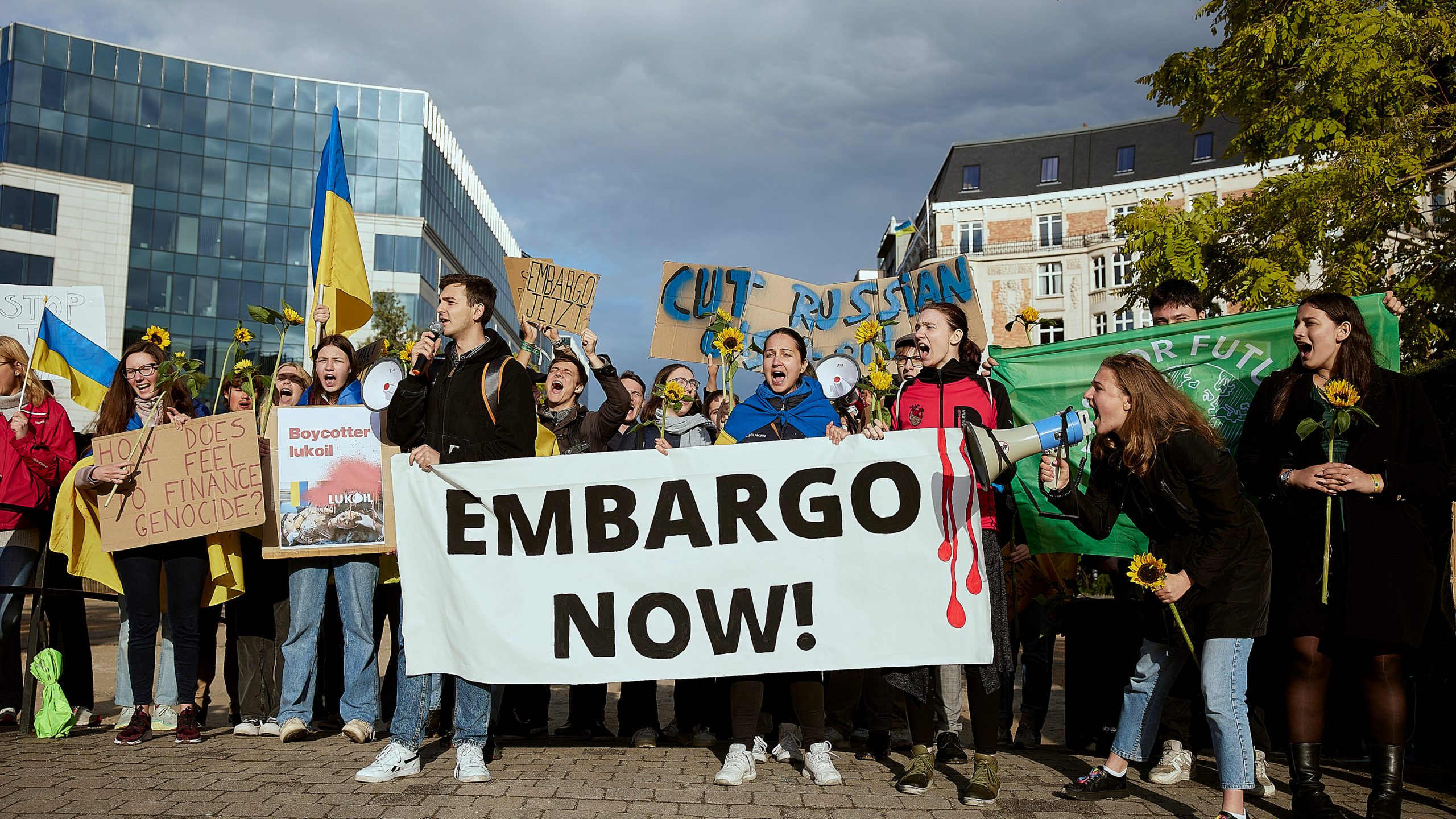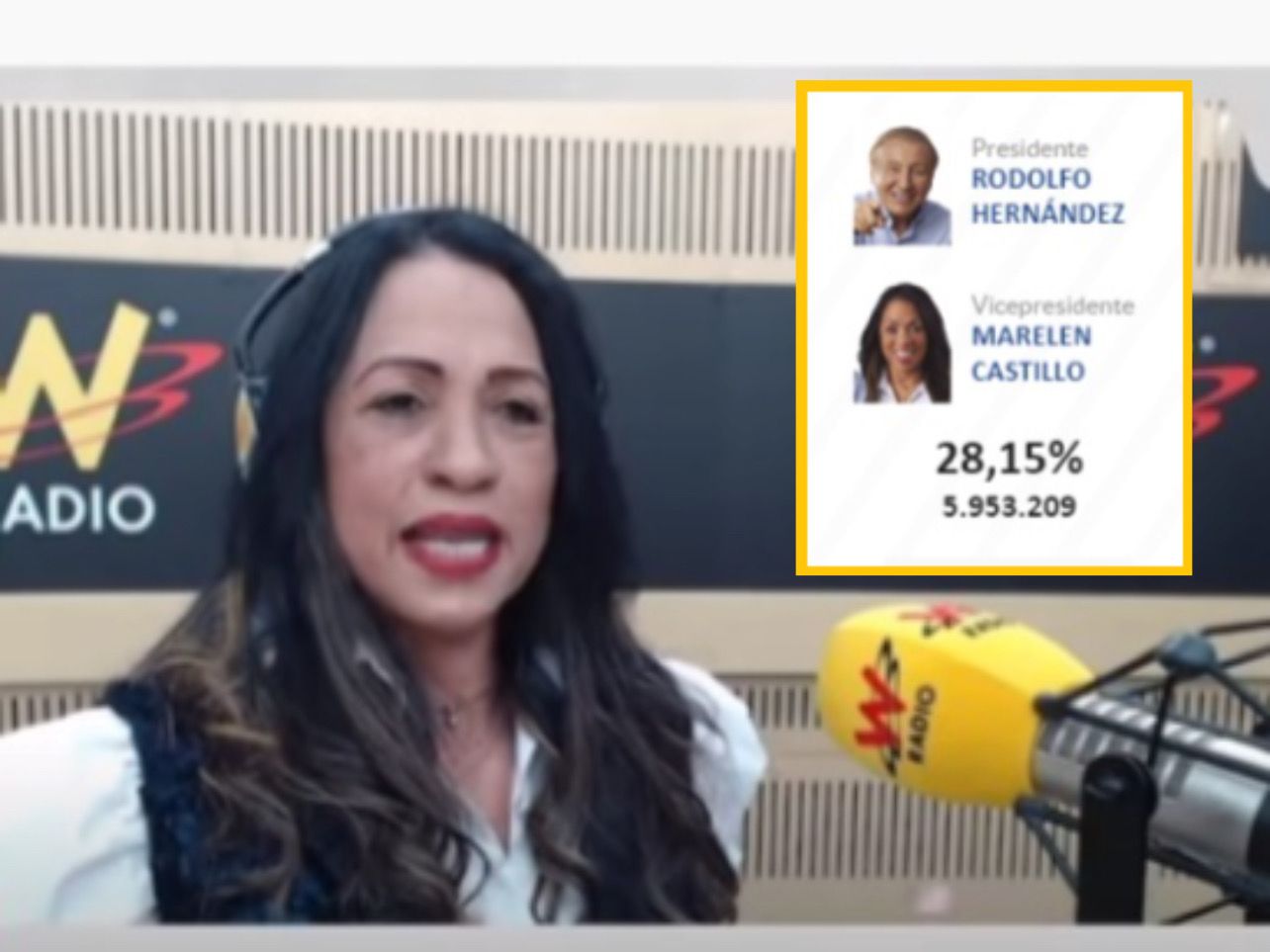In the most significant effort yet to punish Russia for the invasion of Ukraine, the European Union (EU) agreed to ban the vast majority of Russian oil imports after tense negotiations that tested how far the regional bloc is willing to go to isolate Moscow.
From the moment that Russia attacked Ukraine on February 24, the West has sought to make Moscow pay financially for its war. But targeting its lucrative energy sector was seen as a last resort in Europe and has proven to be the most difficult, as the bloc relies on the Eurasian giant for 25% of its oil and 40% of its natural gas. European countries such as Germany and France, which are heavily dependent on Russia for their energy supplies, have been particularly reluctant to act.
In a move unthinkable a few months ago, EU leaders agreed on Monday night to cut around 90% of all Russian oil imports over the next six months.
Belgian Prime Minister Alexander De Croo called the embargo a “huge step forward” and Irish Prime Minister Micheal Martin a “defining moment.”
“The sanctions have a clear objective: to force Russia to end this war and withdraw its troops and to agree with Ukraine on a sensible and just peace,” said German Chancellor Olaf Scholz.
“The oil embargo will speed up the countdown to the collapse of the Russian economy and war machine,” Ukrainian Foreign Minister Dmytro Kuleba said.
Meanwhile, the deputy head of Russia’s Security Council said the energy sanctions against the country are intended to harm ordinary Russians by making it harder for Moscow to fund social programs.
“They hate us all! The basis of these decisions is hatred of Russia and all its inhabitants,” wrote Dmitry Medvedev, who is also a former president and former prime minister.
And Mikhail Ulyanov, Russia’s permanent representative to international organizations in Vienna, said Moscow will find other clients.
However, analyst Simone Tagliapietra said Russia will probably have to sell its oil at a substantial discount. Tagliapietra, an energy expert and researcher at the Brussels-based think tank Bruegel, called the energy embargo “a big blow.”
Matteo Villa, an analyst at the ISPI think tank in Milan, agreed that Russia will take a fairly significant hit now, but warned that the move could backfire.
“The risk is that the price of oil in general rises due to European sanctions. And if the price goes up a lot, the risk is that Russia starts to gain more and Europe loses the bet,” he said.
Russia has also not shied away from holding back energy to get its way. Russian state-owned energy giant Gazprom said it is cutting off natural gas supplies to Dutch trader GasTerra and Danish company Oersted, and also halting shipments to Shell Energy Europe headed for Germany.
Germany has other providers, and GasTerra and Oersted said they were prepared for a shutdown. Previously, Gazprom stopped the flow to Bulgaria, Poland and Finland.
The EU estimates that around 90% of Russian oil will be banned by the end of the year. That figure includes a ban on all Russian oil shipped by sea, which accounts for two-thirds of the bloc’s imports from Russia, as well as a decision by Germany and Poland to stop using oil from the northern branch of the Druzhba pipeline.






